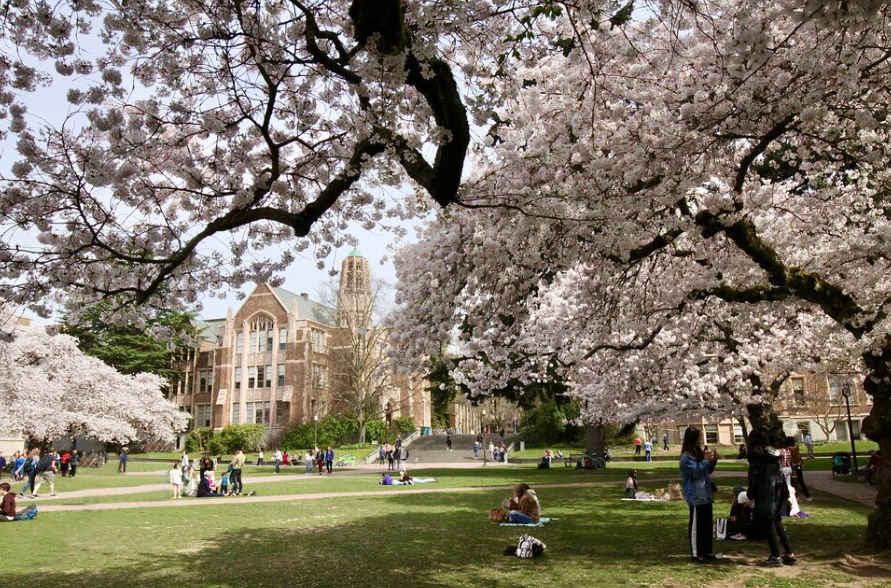
The idea of a “dream school” is deeply rooted in the college application process, often presenting admission to top universities as the ultimate goal. However, this perspective fails to understand the real purpose of higher education and can lead to disappointing results for students. A closer examination reveals that focusing only on a school’s reputation is a mistake; true educational achievement depends not on institutional ranking, but on the quality of the learning experience and personal growth it enables.
This narrow focus on prestigious schools creates significant psychological pressure. Education experts observe that students are often pushed to make detailed career plans before they are truly ready. Naturally, this continuous pressure to succeed and have everything planned connects directly to rising levels of anxiety and depression among college-age adults. These issues are particularly severe at so-called “dream schools”.
In contrast, students who take different educational paths frequently discover more meaningful opportunities. Sometimes, failing to gain admission to a first-choice institution can actually reduce stress, freeing students from continuous competition for status. For instance, one student who transferred from a well-known university to a less famous state college found that real achievement came not from the school’s name but from finding the right environment. Similarly, another talented student found that a university that warmly welcomed and properly guided her provided superior support for scholarship applications and professional development compared to her original, more famous choice. In both cases, feeling recognized and supported proved more valuable than institutional reputation.
We should therefore shift our question from “What’s your dream school?” to “What makes a truly rewarding college experience?” By focusing instead on the essential components that support student development — strong support systems, meaningful connections, and practical skills — we can better connect the college search with education’s true purpose: to help young people understand themselves and build the foundation for a rewarding life, not merely a highly paid one.
原创编写 版权所有 侵权必究! 每日更新 个性化阅读 英语飙升!1.1. What does the author believe about the “dream school” concept?
A It is achievable.
B It is misleading.
C It is inspiring.
D It is outdated.
解析:选B。B 推理判断题。第一段的核心论点是,“梦想学府”这一概念让学生将进入顶尖大学视为终极目标,但这未能把握高等教育的真正目的,且会导致失望。因此可以推断,作者认为这个概念是具有“误导性的”。故选B。
2.2. The underlined word “prestigious” in Paragraph 2 is closest in meaning to ________.
A famous
B stressful
C supportive
D competitive
解析:选A。A 词义猜测题。第二段中,“prestigious schools”与第一段提到的“top universities”和“dream schools”概念一致,都指声誉卓著、有名望的学校。因此,“famous”是“prestigious”最接近的同义词。故选A。
3.3. What is the main purpose of the student examples in Paragraph 3?
A To show alternative paths can be better.
B To prove state colleges are superior.
C To advise students to transfer.
D To list opportunities for scholarships.
解析:选A。A 推理判断题。第三段开篇即提出论点:选择不同教育道路的学生常发现更有意义的机会。随后用两个学生的例子来具体论证和说明这一观点,即“不同的道路可能更好”,而非单纯证明州立大学更好或建议转学。故选A。
4.4. What is the main suggestion given in the final paragraph?
A Raising university rankings.
B Increasing financial support.
C Applying to more colleges.
D Changing the core question.
解析:选D。D 细节理解题。最后一段开篇明确提出“我们应该将问题从……转变为……”,并后续阐述了新问题应关注的核心要素。因此,本段的主要建议是“改变那个核心问题”,即从问“梦想学校”变成问“什么造就有价值的大学经历”。故选D。